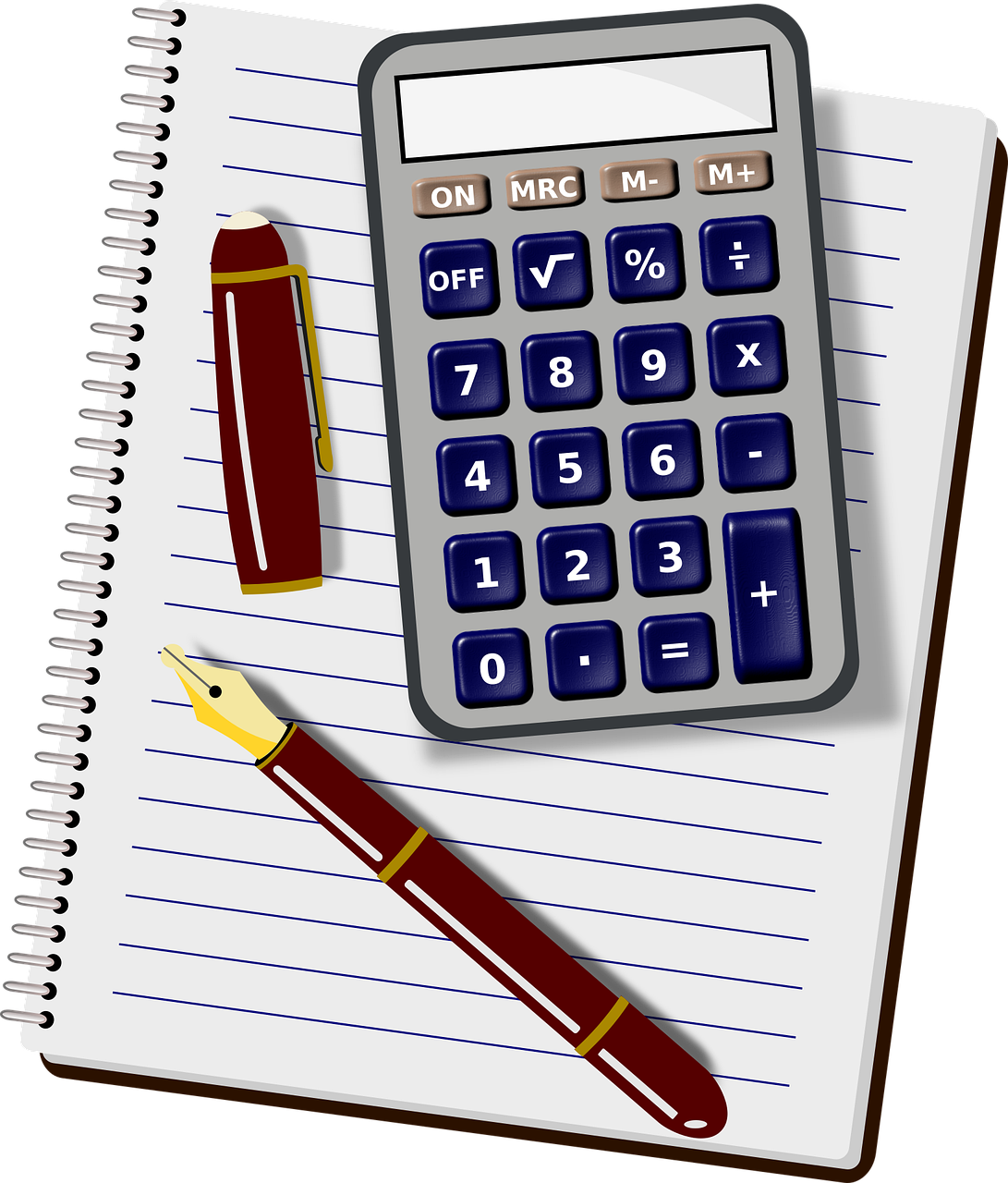(수완뉴스=정종호) The Korean economy’s shine is best known as the result of the “Miracle of the Han River,” which details a legendary rise from war ashes of the Korean War in the 1950s to holding title as an advanced economy in the 2000s. Among the biggest beneficiaries of this boost are the Korean IT industry and the automobile industry, enjoying even greater success with Korea’s liberalizing trade policies.
사진 출처 : pexels
However, these effects did not extend to the agricultural industry. It failed to fare likewise and was almost put at risk by free trade agreements. To meet the Korean agricultural industry’s needs, the Korean government has put forth a string of efforts, such as promoting policies that encourage “returning back to farmlands” (RR: gwi nong) and categorizing agricultural products and fisheries as “sensitive items” in its various FTAs with other countries. (Note: Korea is the only country in the world that has FTA relations with the world’s three largest economies: the US, China, and the EU.)
The government is currently supporting those people who plan on returning to agricultural lifestyle by providing them with the minimum amount of money they would need to settle down in agricultural lifestyle. On average, the government provides subsidies of around 100 million won to 120 million won. However, most of the people aren’t able to start farming only by the money they are provided with from the government. Statistics show that around 200 million won is needed to start farming. This means that people need to fill the gap of at least 80 million won on their own.
Now that people have invested a bulk of money to start farming, there must be some profits they should earn to make up the investments put into start farming. However, most farmers are only able to make a profit of around 20 million won annually. This shows that the farmers will take a longer time to cover up for the investments.
While the government is showing efforts to support the agricultural industry, it only provides a halfway bridge leading to farmlands, leaving potential domestic farmers in an even bigger predicament: is investing in a farming lifestyle worth it?
On top of internal efforts to revive the Korean agricultural economy, external efforts are noteworthy as well. KORUS FTA, the FTA between Korea and U.S., was concluded in 2012. Inherent of an FTA is that it promotes tax-free trade among countries. However, the detrimental effects that it would have on the agricultural economy in Korea were tremendous, due to the fact that rice and other agricultural products are planted, grown and sold at much cheaper prices and in much bigger units in the U.S. than in Korea.
The free trades would persuade a lot of people into buying U.S. rice since U.S. would most likely sell good quality rice at cheaper prices than Korean rice to Korean customers. Considering that this would push Korean farmers out of the market, the government has classified rice and rice related crops as “Very Sensitive Products,” meaning that tariff elimination would not apply to these items. Labeling these items as such is another strand of the government’s efforts in protecting and supporting the agricultural economy in Korea.
사진 출처 : pexels
Overall, the government of Korea is making efforts internally and externally to protect Korea’s agriculture. However, in reality, it takes a great amount of effort and risk for the people to start living in agricultural environment. Not everyone of those people was able to sustain agricultural life but give up and return back to city. Other than sufficient subsidies provided by the government, the government should start thinking of more efficient ways in helping those people.
Even though the Korean government is blockading agricultural free trades, we are currently doubtful about how long this would last for. To achieve balanced development of our society, the government of Korea should raise its global negotiation power and make every efforts to protect our agricultural economy.
In a nutshell, the government of Korea should be making more of constant efforts internally and externally to protect and vitalize Korea’s agriculture. Furthermore, the people devoted to the field of agriculture should show their best efforts in making agricultural economy more competitive to survive in the future.
수완뉴스 경제팀 정종호 학생기자([email protected] )






![[인터뷰] 심리 상담사가 직접 말하는 심리 상담사의 하루](https://en.swn.kr/wp-content/uploads/sites/24/2015/07/KakaoTalk_20141219_092335502.jpg)


